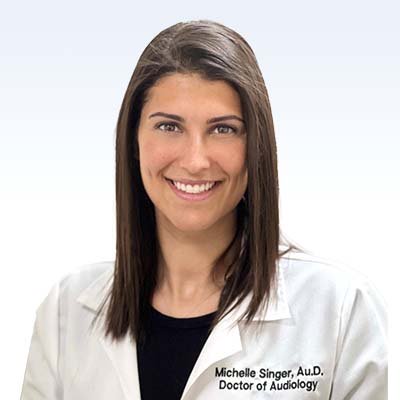“Isn’t This Just Normal for My Age?” – A Common Hearing Misconception
One of the most frequent things I hear after reviewing a hearing test is: “Well, this is normal for my age.”
My response is always the same: “There is no amount of hearing loss that is ‘normal’ for any age.”
This often leads to puzzled looks and more questions. While hearing loss does become more common as we age, that doesn’t make it normal, expected, or—most importantly—something to just accept or ignore.
As we grow older, it’s completely natural for various systems in the body to slow down. Joints may stiffen, vision may fade, and yes, hearing can be affected too. The ears and auditory pathways, like all parts of the body, don’t always function as efficiently with age. Similarly, everyone experiences some degree of cognitive change as they get older. These changes are a normal part of aging—but that doesn’t mean we shouldn’t treat them when we can.
In fact, recent research has shown a strong connection between untreated hearing loss and accelerated cognitive decline. When hearing loss is left unmanaged, the brain receives less stimulation from speech and sound, which can lead to faster deterioration in memory, processing speed, and attention span over time.
All hearing losses, regardless of age, are significant and should be treated—and treated as soon as possible. Early treatment is key, not only to improve hearing, but also to support brain health and overall well-being.
Untreated hearing loss has also been linked to elevated levels of stress and anxiety, especially in social situations. Many people – particularly older adults – begin to withdraw from conversations and social activities because it becomes too frustrating or exhausting to keep up. Over time, this can lead to voluntary social isolation, which is the #1 predictor of early mortality in older adults.
In addition, when hearing loss is left untreated, there’s a phenomenon called auditory deprivation. This refers to the brain receiving fewer speech signals over time, which leads to a decline in clarity—even if volume is later restored with hearing aids. In other words, the longer someone waits to treat their hearing loss, the harder it can become to understand speech, even with help.
We measure this clarity through a part of the hearing test called “word recognition.” This involves listening to and repeating back single words at a comfortably audible volume. We calculate a Word Recognition Score (WRS) – a percentage that reflects how clearly someone understands speech when loud enough. A WRS of 90% or higher is considered normal. Scores below that indicate reduced clarity, and the longer treatment is delayed, the harder it is to recover.
Hearing loss isn’t just about volume – it’s about how the brain processes sound, how we connect with others, and how we experience the world. Treating it early protects your clarity, preserves your brain function, and enhances your quality of life.
And if you’re worried that treating hearing loss means you’re “getting old,” please don’t be. Needing help with your hearing is no different than needing glasses to read – it doesn’t define your age, your energy, or your identity. The goal isn’t to make you feel or look older – it’s to help you feel more connected, confident, and present in your life.
What’s truly amazing is that we have tools to help — at any age. Whether you’re 35 or 95, we can improve your hearing and, with it, your quality of life. The key is not to wait. Schedule a free hearing test right now at your local HearingLife and we’ll thoroughly test your hearing, including your word recognition, and discuss your options with you.


